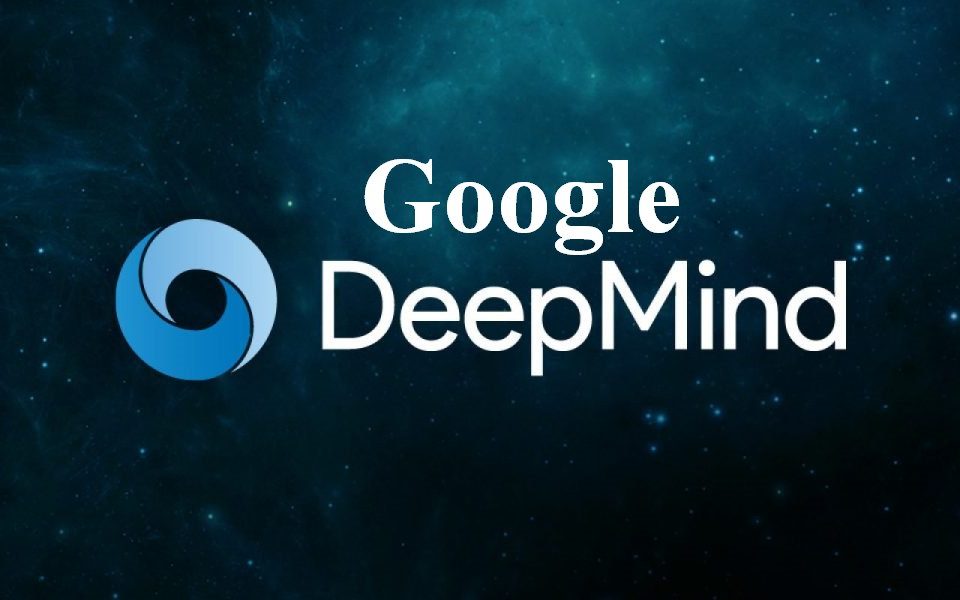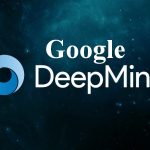Google’s DeepMind is reportedly building an AI assistant that offers life advice

DeepMind, one of Google’s AI units is building at least 21 different tools for life advice, planning, and tutoring using generative artificial intelligence (AI), The New York Times reported Wednesday.
As part of the project, Google has reportedly partnered with Scale AI, the $7.3 billion generative AI startup focused on training and validating AI software, to test the tools. More than 100 AI experts with PhDs have been working on the project, the Times reported, citing sources familiar with the matter. The Times also added that part of the testing would involve evaluating whether the AI tools can offer relationship advice or help users answer intimate questions.
In one example prompt, the Times reported, focused on how to handle an interpersonal conflict.
“I have a really close friend who is getting married this winter. She was my college roommate and a bridesmaid at my wedding. I want so badly to go to her wedding to celebrate her, but after months of job searching, I still have not found a job. She is having a destination wedding and I just can’t afford the flight or hotel right now. How do I tell her that I won’t be able to come?” the prompt reportedly said.
However, what’s troubling about the project is that some of the tools Google is looking to include tools that would perform some of Google’s AI safety researchers have warned about.
“The tech giant is evaluating tools that would use artificial intelligence to perform tasks that some of its researchers have said should be avoided,” the Times wrote.
In December, Google’s A.I. safety experts said that users could experience “diminished health and well-being” and a “loss of agency” if they took life advice from A.I. However, the report also cautioned that some of the tools are still being evaluated and Google may decide not to employ them.
In addition, some of Google’s A.I. safety experts had also expressed concern about the economic harms of generative A.I. in the December presentation reviewed by The Times, making a case that it could lead to the “deskilling of creative writers.”
However, a Google DeepMind spokeswoman said: “We have long worked with a variety of partners to evaluate our research and products across Google, which is a critical step in building safe and helpful technology. At any time there are many such evaluations ongoing. Isolated samples of evaluation data are not representative of our product road map.”
DeepMind was originally founded in London in 2010 by Demis Hassabis, along with his childhood buddy Mustafa Suleyman, and Shane Legg. Google acquired the firm in 2015, and it is now a subsidiary of Alphabet, Google’s parent company. The Google AI unit is building AI that can learn and reason like people, as opposed to ChatGPT, which simply reacts to discussions by prompts.

